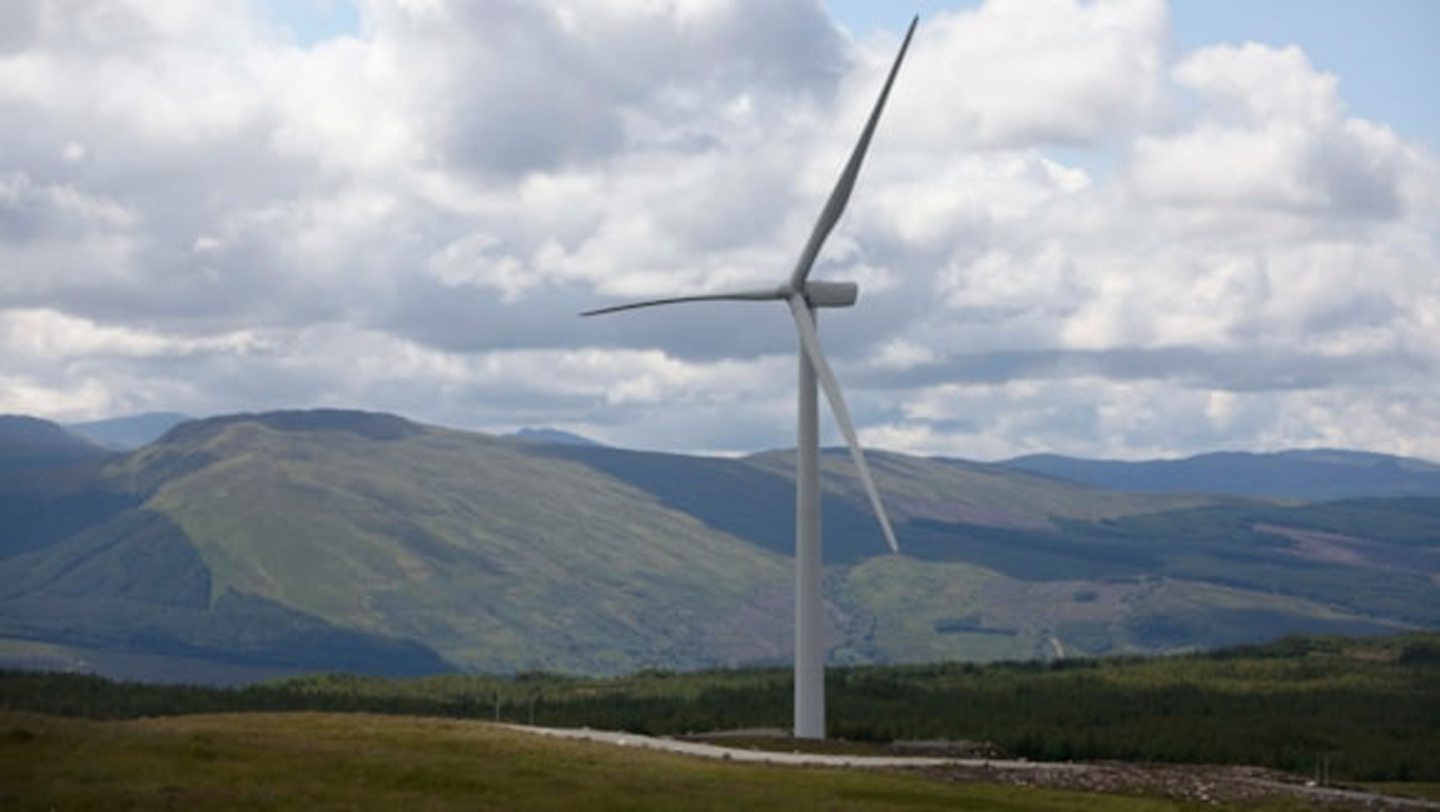
ScottishPower Renewables announced it had signed a maintenance framework with Enspec Power for annual maintenance services for equipment installed across several of its windfarms in Scotland, England and Northern Ireland.
Under the new contract, Enspec – which is headquartered in St Helens in Merseyside with bases in Manchester and Washington, Tyne and Wear – will carry out maintenance on reactive compensation equipment – statcom transformers, shunt reactors and capacitor banks. The agreement covers equipment installed on the Carland Cross, Clachan Flats, Wolf Bog, Lynemouth, Beinn Tharsuinn, Beinn an Tuirc II, Mark Hill, Dun Law Ext, Arecleoch and Kilgallioch windfarms. Together, these wind farms have a combined capacity of over 576 MW across 292 turbines.
The agreement marks the renewal and expansion of a previous maintenance contract between the two companies. The previous agreement covered the same kind of maintenance services provided across eight wind farms over a three-year period, whereas the new contract covers 10 wind farms over a period of four years.
ScottishPower’s operational portfolio totals more than 3 GW and is set to continue expanding, with major new offshore wind projects including East Anglia Two and East Anglia Three currently under construction. The servicing and maintenance of the company’s assets and associated equipment is “paramount” for the efficient operation of ScottishPower’s network, and “critical” in enabling it to deliver against its performance commitments, ScottishPower Renewables’ operations and maintenance director, Joe Mitchell, stated.
“Reactive compensation equipment is essential for windfarms to generate and export green electricity,” added Enspec’s director of site services, Tony Cook. “Enspec prides itself on proactive maintenance to ensure the reliability and resilience of these expensive assets allowing them to operate safely and efficiently throughout the operational life of the wind farm.”
Enspec’s work for ScottishPower is described in more detail in a case study on the company’s website. In this case study, Enspec noted that the reactive compensation equipment it is tasked with maintaining operates “within some of the harshest environmental conditions”. The company said that while most of the reactive compensation equipment it was working on during its previous contract with ScottishPower was found to be in good working order, an existing statcom transformer with a fault was lifted and removed from site, refurbished and re-installed.
“The preventive maintenance identified one or two other similar reactor and transformer problems elsewhere that enabled remedial plans to be put into place for year two,” the case study said.
“It’s tough to put a tangible figure to the return on this ongoing investment, but it provides peace of mind and reduced risk knowing that assets are maintained to the highest standard, with any potential issues highlighted and corrected before they become problems,” a ScottishPower representative leading the project is cited as saying in the case study. “Suffice to say, in extreme circumstances, failure of this type of equipment could be the difference between operating and not operating a wind farm at an enormous revenue loss.”
ScottishPower is owned by Spain’s Iberdrola Group. Through ScottishPower, Iberdrola has pledged to invest £24 billion in the UK over 2024-28 across a number of renewable industries including onshore and offshore wind, solar and battery storage. The new contract with Enspec illustrates how wind power expansion also boosts supply chains and fuels demand for services provided to the wind industry. And it comes as a boon for companies such as Enspec, operating across the UK within these supply chains.
Cook said in January that he was “certainly” seeing an increase in industry activity, with many generation site projects across solar, wind and battery storage in the pipeline.
“The importance of selling maintenance services, especially for larger equipment, can’t be underestimated,” he said at the time. “Ultimately I see great potential for rapid growth, especially with the ever-increasing projects in the renewable energy sector.”




















